The Faculty of Computer Science at DHA Suffa University offers a robust education in computing and technology, equipping students with the skills needed for careers in software development, data analysis, and more.
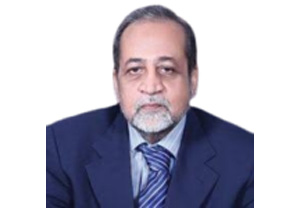

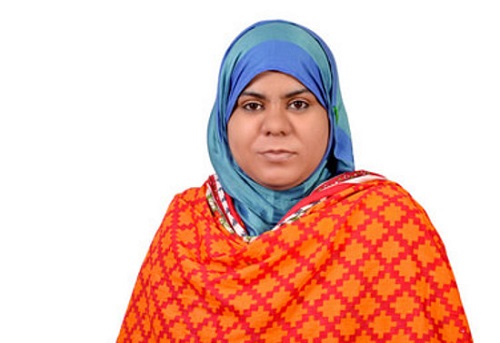
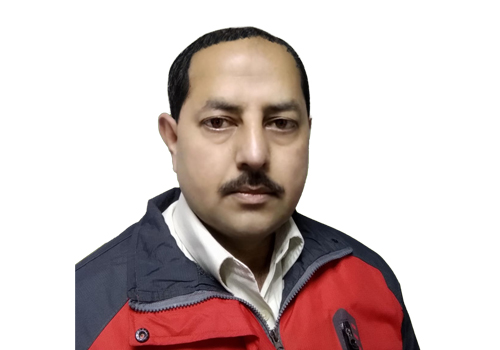
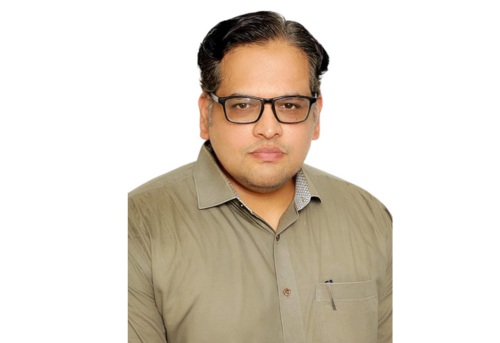
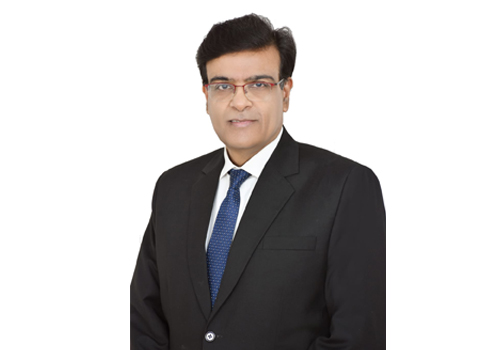
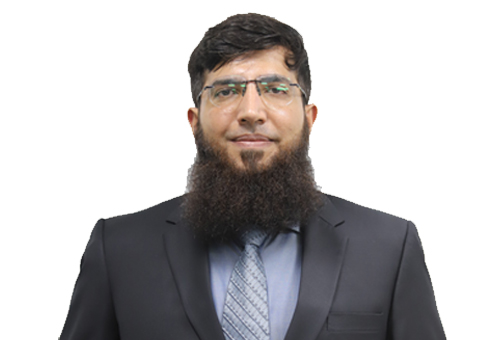
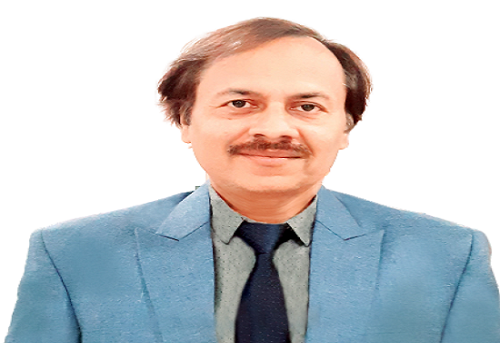
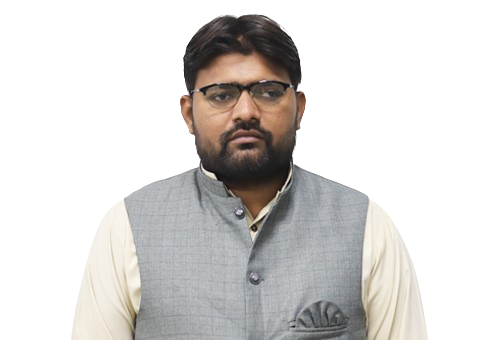
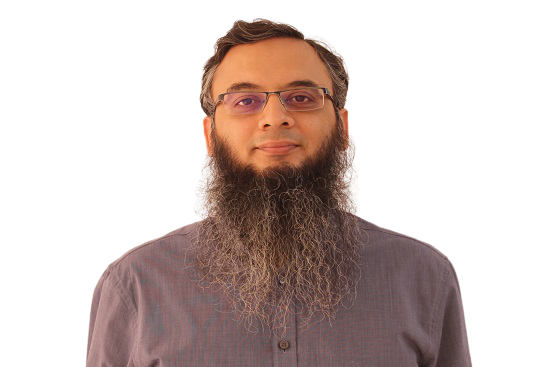
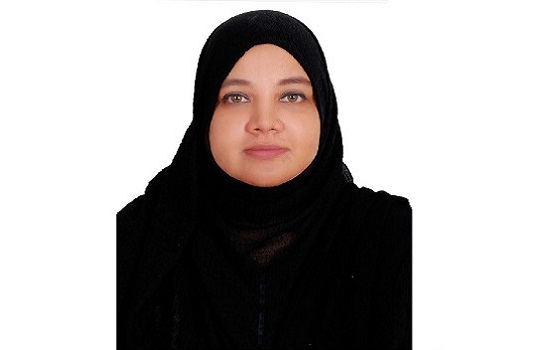
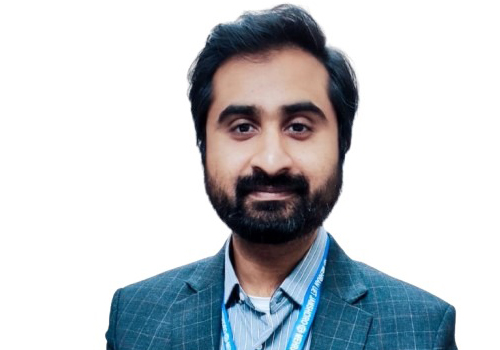
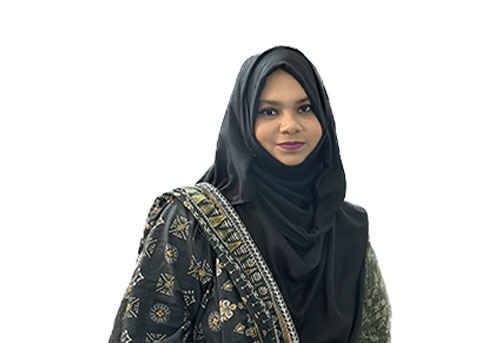
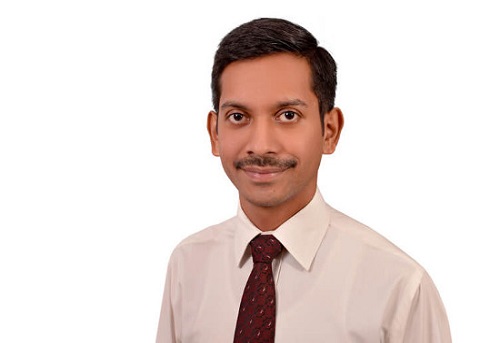

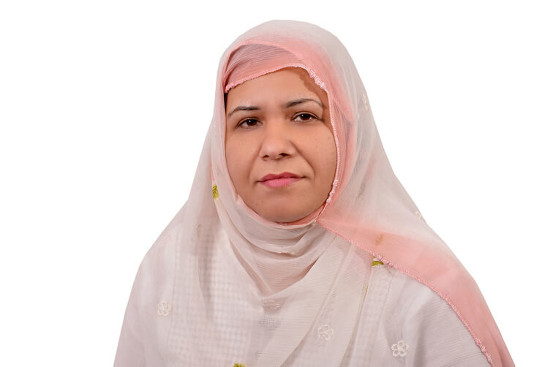
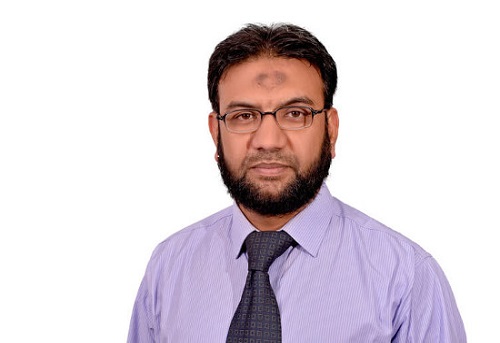
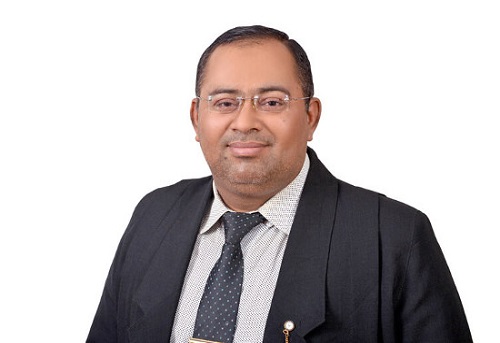
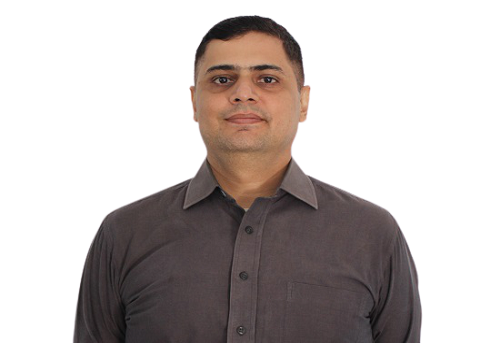
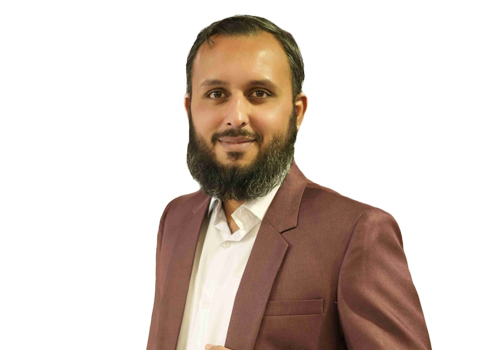
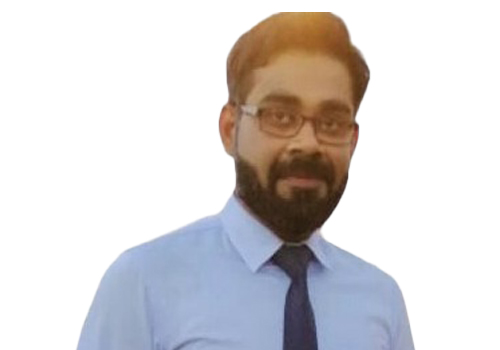
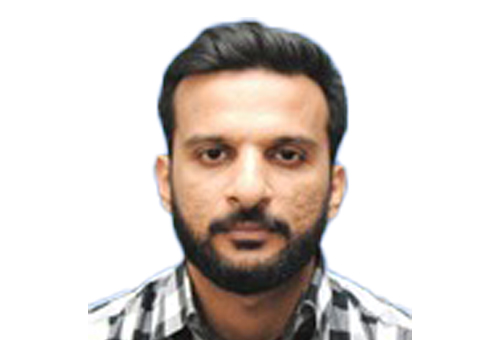
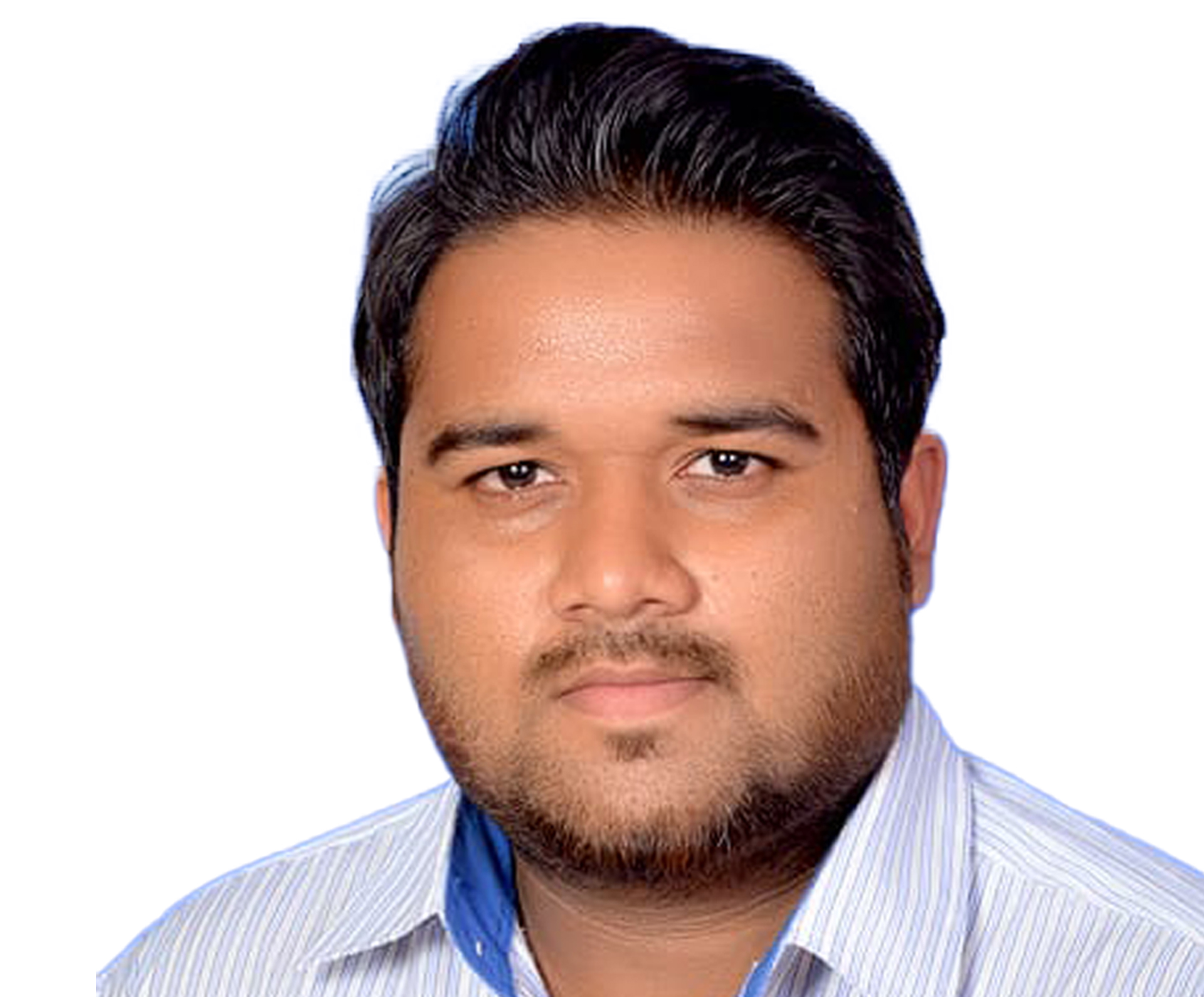
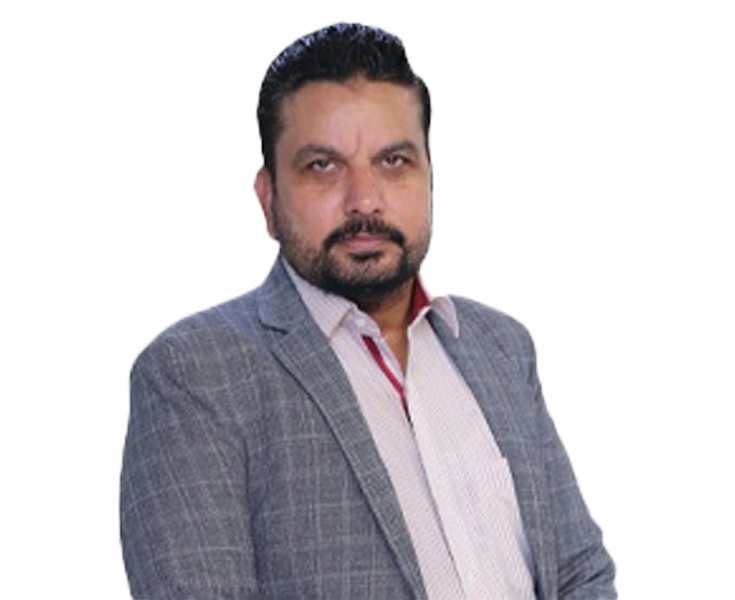
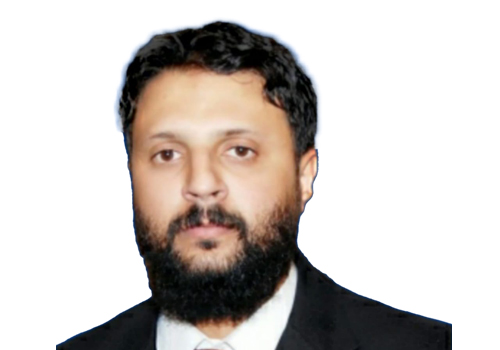
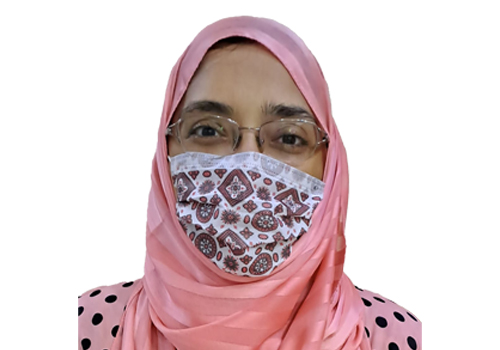
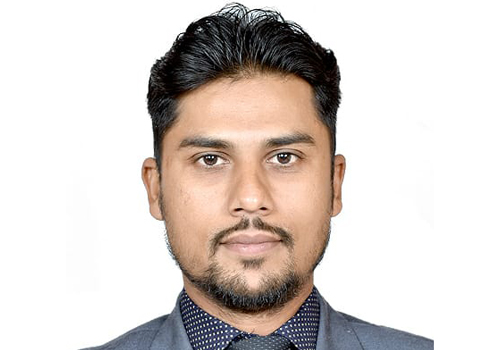
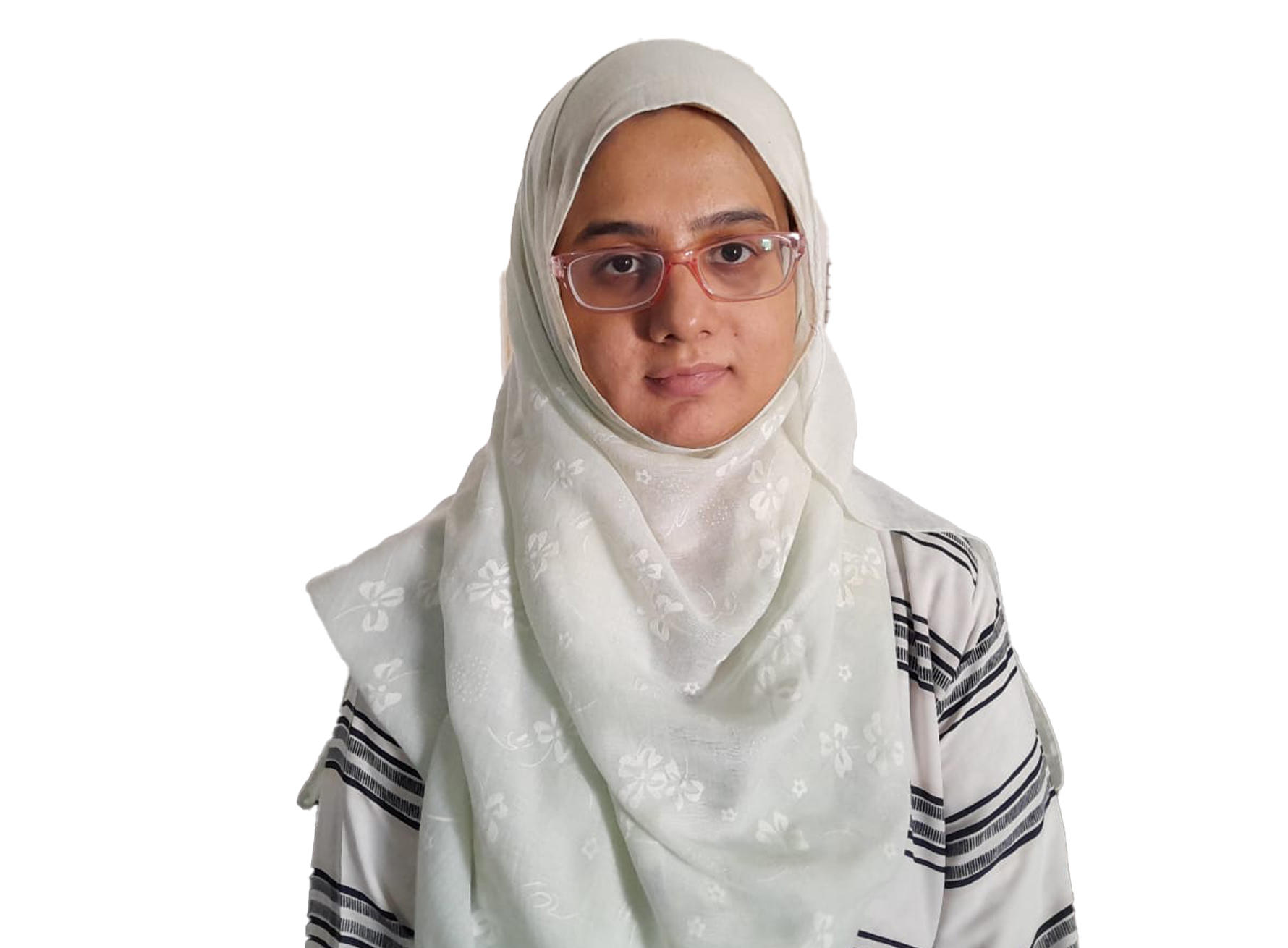
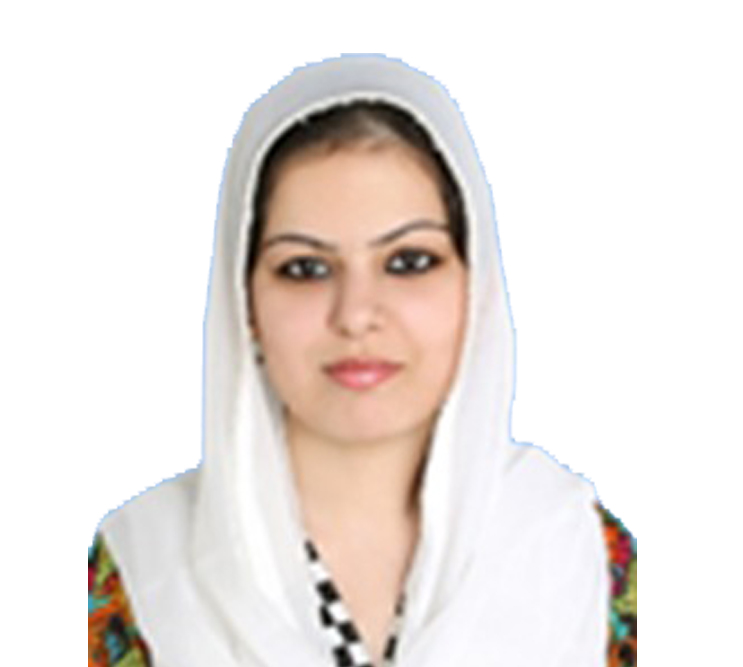
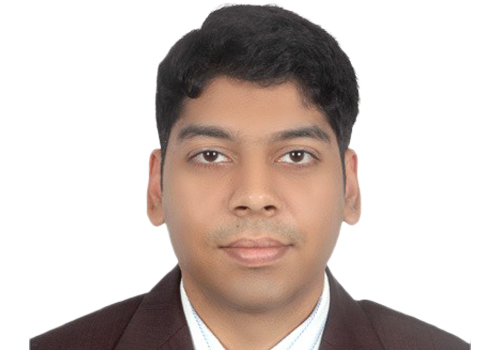
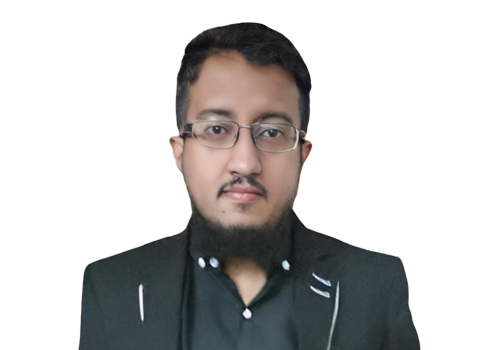
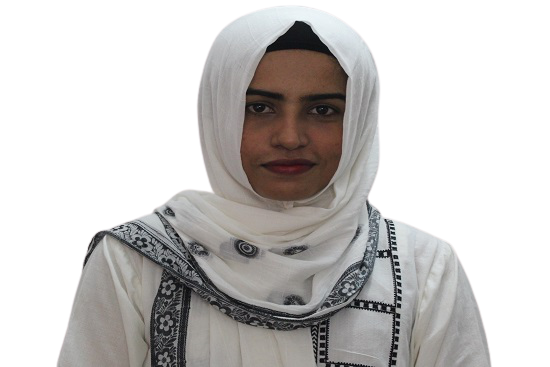
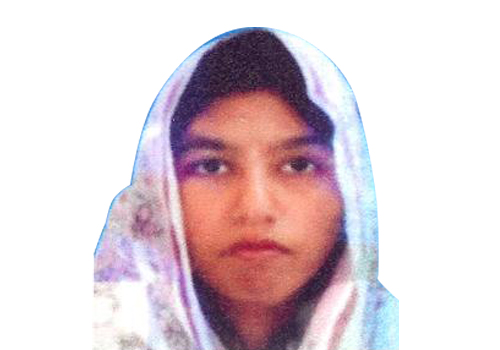
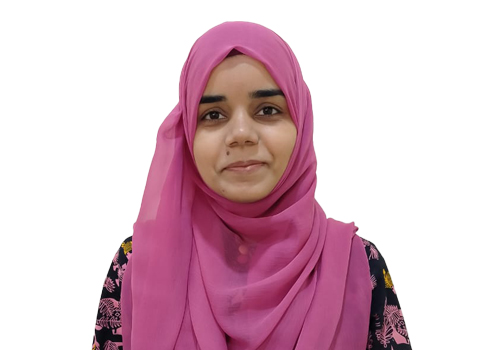
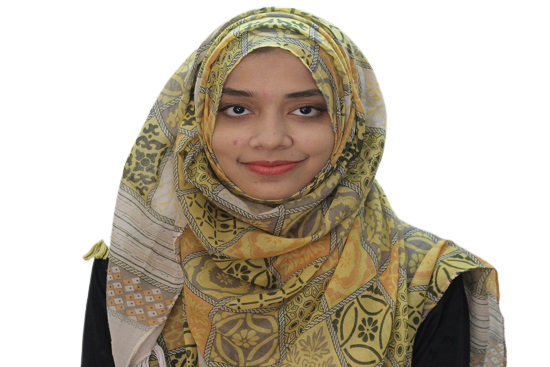
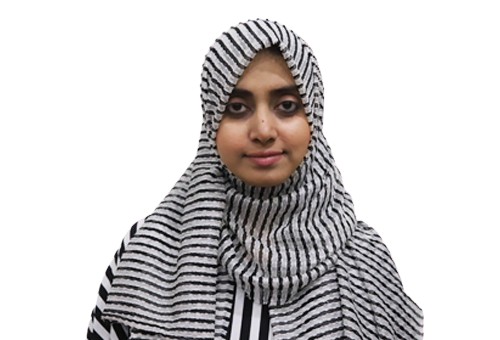
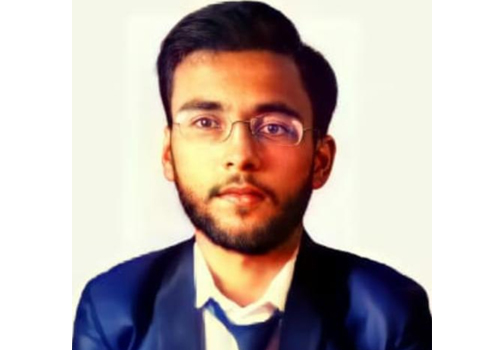
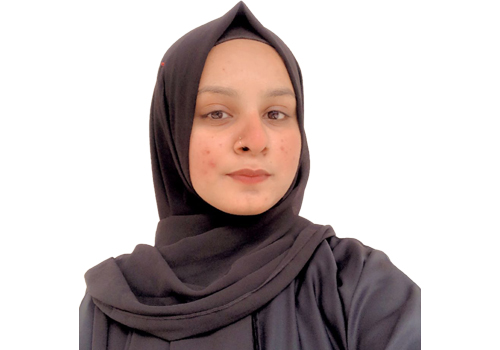
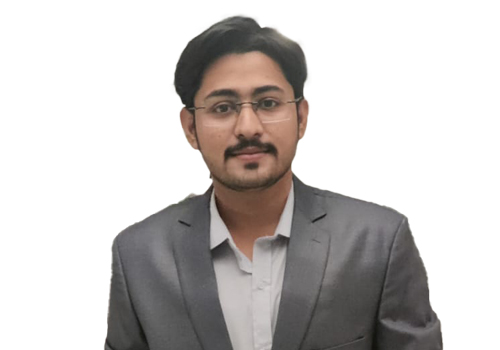
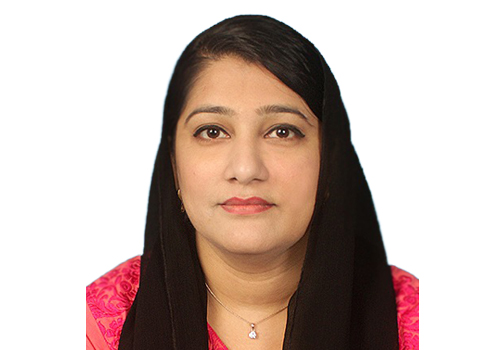
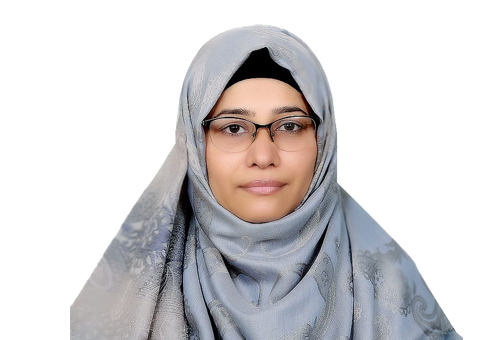
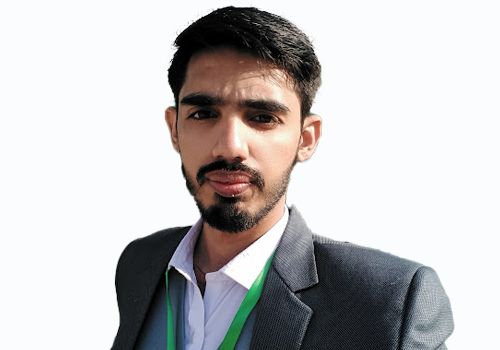

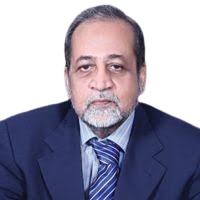

Research Interests:
Publications:
Jamshed,H., Ali Khan, M. S., Khurram, M., Inayatullah, S. y Athar, S.(2019). Data Preprocessing: Apreliminary step for web data mining Citaciónsugerida: Data Preprocessing: A preliminary step for web datamining. 3C Tecnología. Glosasdeinnovaciónaplicadas a la pyme. Edición Especial,Mayo 2019, pp. 206–221. doi: http://dx.doi.org/10.17993/3ctecno.2019.specialissue2.206–221
M. Sadiq and H. Jamshedand S.Mustafa and S.Iqbal, “Data Extraction using Professional WebScraping”, Automatic Control and System Engineering ACSE, September 2018
M. Sadiq Ali Khan, HumaJamshed,SumreenaBano and Muhammad Navaid Anwar, “Big Data Management in Connected Worldof Internet of Things”, Indian Journal of Science and Technology, August 2017
M. Sadiq Ali Khan*, Khaliq Khanzada and Huma Jamshed, “Realization of Aggregate Applications using DynamicBehaviour of Cellular Automata”, Indian Journal of Science and Technology,Vol 10 (3), DOI: 10.17485/ijst/2017/v10i3/110621, January 2017
Sadiq Ali Khan,HumaJamshed,“Analysisof Formal Methods for Specification of E-Commerce Applications”, MehranUniversity Research Journal of Engineering & Technology, January 2016
M.Sadiq Ali Khan and HumaJamshed,“Challengesin Handling Big Data”, International Journal of Application orInnovation in Engineering & Management (IJAIEM), December 2015
Technical Skills:
Contact Information:
Email: Huma.jamshed@dsu.edu.pk
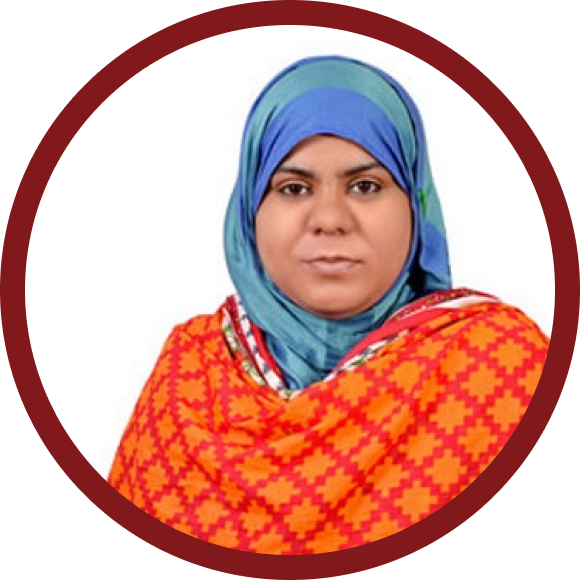


Profile:
Academic Background:
Research Interests:
Publications:
Experience:
Contact Information:
Email: ahmad.bilal@dsu.edu.pk
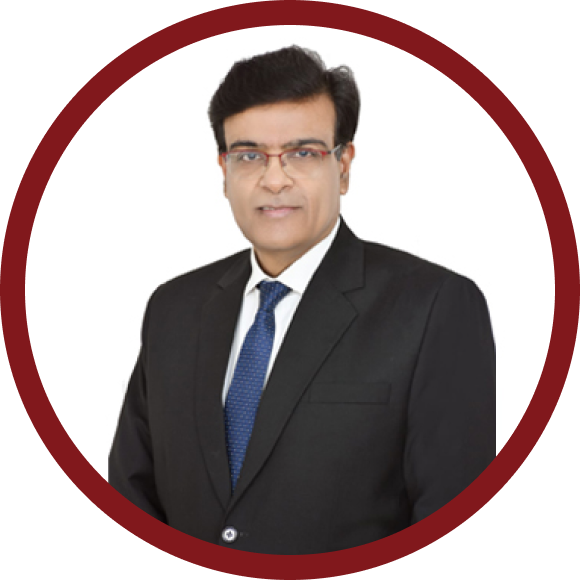
MS (Computer Engineering), Wayne State University, Detroit, Michigan, USA
BE (Electrical Engineering) NED University of Engineering and Technology, Karachi, Pakistan
Formerly:
Contact Information:

Profile:
Academic Background:
Research Interests:
Publications:
Contact Information:
Email: najeeb.malik@dsu.edu.pk

Research Publications:
University Funded Projects:
Participated in the following funded University projects:
Contact Information:
Email: mobin.idrees@dsu.edu.pk

EDUCATION
PhD (Machine Learning and IoT) University of Kuala Lumpur, Malaysia
Masters of Engineering in Information Technology 2015
Mehran University of Engineering and Technology, Jamshoro, Sindh
Bachelor of Engineering in Computer System Engineering 2012
Mehran University of Engineering and Technology, Jamshoro, Sindh
Senior Lecturer in Computer Science Department, DHA Suffa University
Author of 12 peer-reviewed research publications, two of them are in HEC W category with Impact
Factor 3.576 Scopus Q1, and 3.120 Scopus Q1, and 05 articles are in HEC X, Y category.
MAJOR COURSES
RESEARCH INTEREST
RESEARCH PUBLICATIONS
Contact Information:
Email: ayoub.kamal@dsu.edu.pk

• MSc, King Fahd University of Petroleum & Minerals, Saudi Arabia
Research Interests:
• Signal Processing
• Adaptive filters
• Machine learning
Publications:
• Umair bin Mansoor, Syed Muhammad Asad & Azzedine Zerguine, Stochastic Gradient Algorithm Based on an Improved Higher Order Exponentiated Error Cost Function, 48th IEEE Asilomar Conference on Signals, Systems and Computers, 2014
• Quasi-Newton Least Mean Fourth Adaptive Algorithm: Steady-State, Tracking and Transient Analysis, VDM Verlag Dr. Müller (June 16, 2010), ISBN-13: 978-3639262964
Contact Information:
Email: umair.mansoor@dsu.edu.pk
Extension: 110

MS (Computer Science), IBA
BS (Computer Science), University of Karachi
Contact Information:
Email: urooj.waheed@dsu.edu.pk


Education:
Areas of interest:
Contact Information:
Email: yusra.mansoor@dsu.edu.pk

Academic Background:
MS (Software Engineering), Bahria University, Karachi
BE (Software Engineering), Bahria University, Karachi
Research Interest:
Significant Achievements:
Contact Information:
Email: conrad.dsilva@dsu.edu.pk
Extension: 163

Academic Background:
BE (Telecommunications), Mehran University of Engineering and Technology
MS Electronic Information and Communication Engineering, University of Science and Technology Beijing
Experience: 5+ years
Contact Information:
Email: kamlesh.narwani@dsu.edu.pk
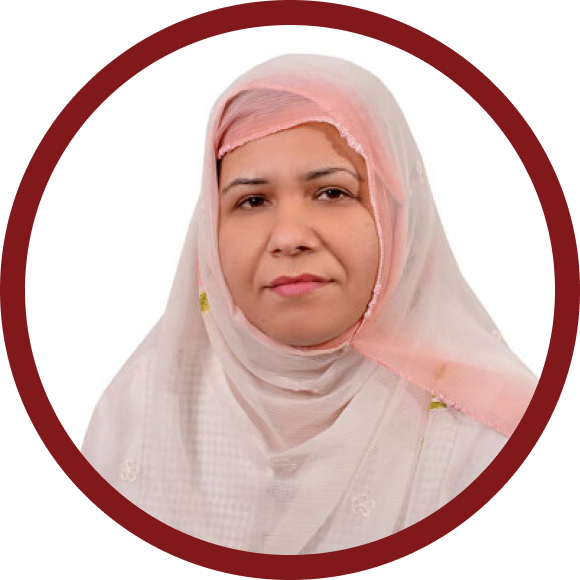
MS (Computer Science), PAF-KIET
BS (Computer Science), University of Karachi
BS (Applied Mathematics), University of Karachi
Contact Information:
Email: t.mirza@dsu.edu.pk
Extension: 191

MS(IT) – Computer Networks from KTH, Royal Institute of Technology Sweden
BE-Computer Engineering from Sir Syed University of Engineering & Technology Karachi
Formerly:
Phoenix Armour (Pvt.) LTD
Research Interests:
Contact Information:
Email: asif.rafiq@dsu.edu.pk
Extension: 211

MS (Software Engineering), Bahria University, Karachi
BS (Computer System Engineering), Bahria University, Karachi
Contact Information:
Email: farooq.shibli@dsu.edu.pk
Extension: 129

Contact Information:
Email: adnan.alam@dsu.edu.pk
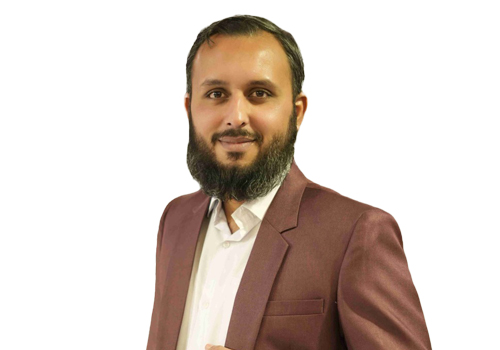
PhD Scholar (Hamdard University)
MS (Sir Syed University of Engineering & Technology)

PhD Scholar (Electrical Engineering) (Research Area: Software Defined Networks) from Hamdard University
Research Interest: AI, ML, Cyber Security, Computer Networks
ME (Electrical Engineering ) Specialization in Communication Systems and Networks from Hamdard University
BE (Electrical Engineering) majors in Telecommunication Engineering from Hamdard University
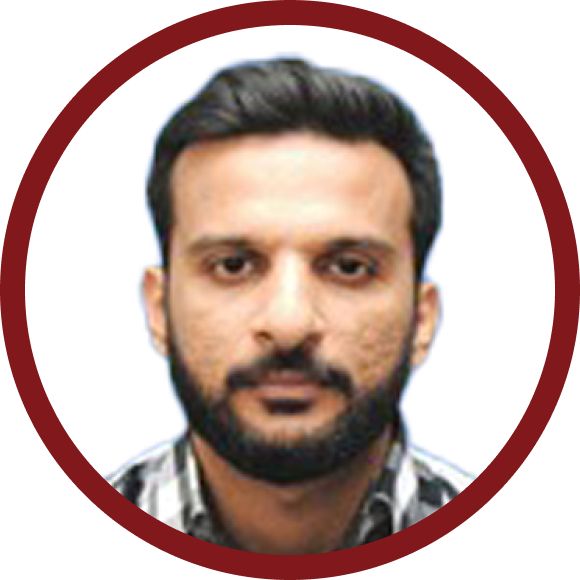
MASTER OF SCIENCE | COMPUTER ENGINEERING POLITECNICO DI TORINO | TURIN ITALY
BACHELOR OF ENGINEERING| SOFTWARE ENGINEERING MEHRAN UNIVERSITY OF ENGG AND TECHNOLOGY | JAMSHORO PAKISTAN
Contact Information:
Email: junaid.ali@dsu.edu.pk

Contact Information:
Email: arsal.ahmed@dsu.edu.pk

Formerly:
RESEARCH INTEREST
RESEARCH PUBLICATIONS
Paper title” Evaluating network layer selfish behavior and a method to detect and mitigate its effects on MANETs”, publication in IEEE 15th International Multi Topic Conference INMIC 2012, Pakistan.
Paper title “Assistive technology for night blindness: a mobile application approach”, published in International Journal of Mobile Learning and Organization, 2013 Vol.7, No.2, pp.140 – 157
Paper title “A class based QoS model for Wireless Body Area Sensor Networks (WBASN)”, published in Research Journal of Recent Sciences, vol. 3, issue 7, July 2014.
Paper title “A novel QoS algorithm for Health Care applications of Body Area Sensor Networks”, published in Journal of Basic and Applied Scientific Research (JBASR),Vol. 4, No. 7, in July, 2014.
Paper title “Assistive technology for Night Blind Tourist: a mobile application approach ” ,IGI, International Journal of E-Services and Mobile Applications (IJESMA) Vol. 6, No. 4, 2014
Paper title” Application Specific Study, Analysis and Classification of Body Area Wireless Sensor Network Applications”, ELSEVIER Computer Networks(2015)
Contact Information:
Email: abdul.salam@dsu.edu.pk
Extension: 163

BS (Computer Engineering) , MS (Computer Networks)
Phd in progress from DSU.
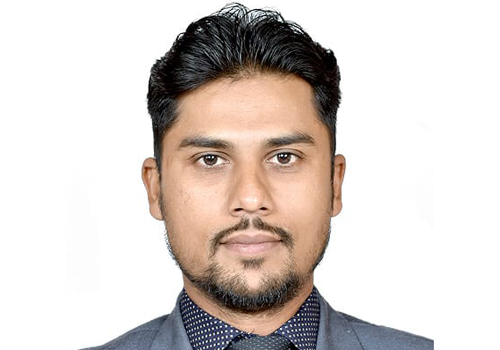
MS-CS (Institute of business and technology, Karachi)

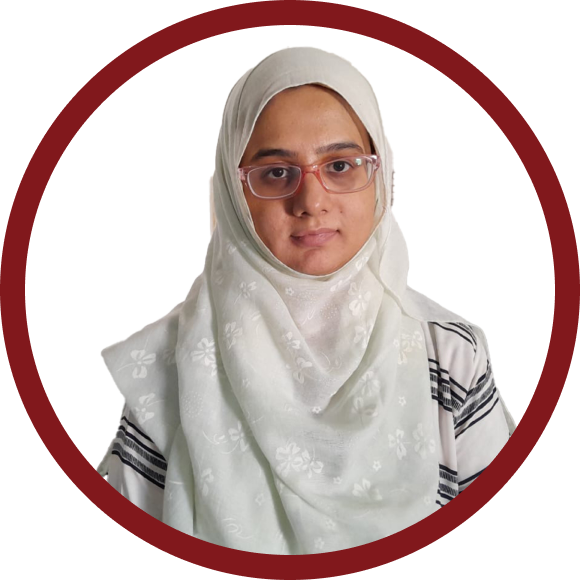
Contact Information:
Email: sumeera.hashmi@dsu.edu.pk
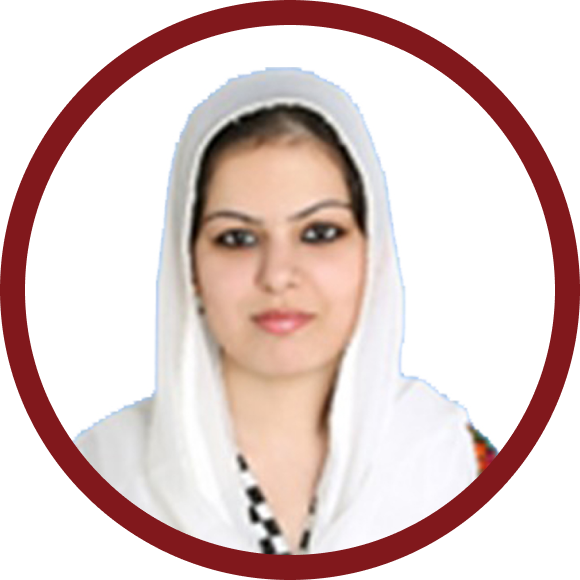
Contact Information:
Email: a.nargis@dsu.edu.pk

PhD Student (Hamdard University),
MS (Bahria University – Karachi campus)

Lecturer in KIET in Department of College if Computing and Information Sciences from 2018 to 2024
Cooperative Teacher in NED in Department of Physics University of Engineering and Technology from 2015 to 2016
MS(EE) Automation And Control Bahria University.
M.Sc Applied Physics University of Karachi.
B.Sc (Hons) Applied Physics University of Karachi.
Research Interests IOT and Image Processing

Education:
Contact Information:
Email: soohan.abbasi@dsu.edu.pk
Extension: 205
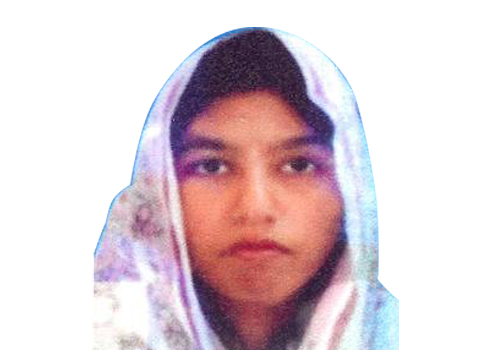
Formerly:

Qualification:
Contact Information:
Email: rabbia.qasmi@dsu.edu.pk
Extension: 185

Contact Information:
Email: yusra.shahina@dsu.edu.pk
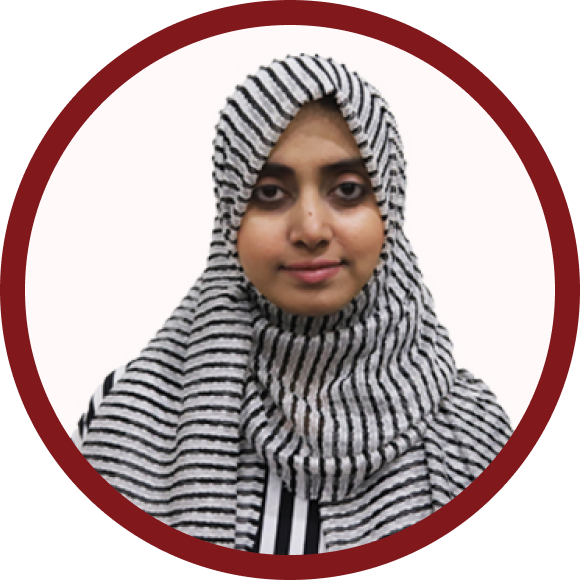
Academic Background:
Research Interests
Publications:
Experience:
Contact Information:
Email: sumera.rounaq@dsu.edu.pk


Education :
BS (Software Engineering)from Sir Syed University
Experience:
2023-2024 work at aptech as a faculty member
2022: Work at iortex as a web developer
Research Interest:
Data Science
AI
VR
Research paper: HRTS Repairing Game environment
Contact information:
Email: hafsa.asif@dsu.edu.pk

Bachlors in Software Engineering from sir syed University of Engineering and Teechnology Karachi
Formerly:
2021-Work in Crop2x Company as a intern of flutter developer
2022-2023 work in Techibits Company as PHP and wordpress CMS developer
2023-2024 Work in Aptech North Nazimabad as a faculty and Computer programming Trainer
Research Interests:
* Software Product
* Design & Development of Software
* Virtual Reality Games
* Internet of Things
Research Paper: COMPARISON OF HRTS VR GAME Vs NON-VR BASED GAME TRAINING APPROACH

Tahira Ansari is a dedicated junior lecturer in the Department of Computer Science. Holding a Bachelor of Science in Information Technology degree and a Master’s degree in Computer Science from DHA Suffa University, she teaches programming, C, C++, Java, assembly language, and carries out research in computer vision and artificial intelligence. With over two years of teaching experience at the Institute of Business Management, Ms. Ansari is famous for blending of theoretical and practical learning concepts.
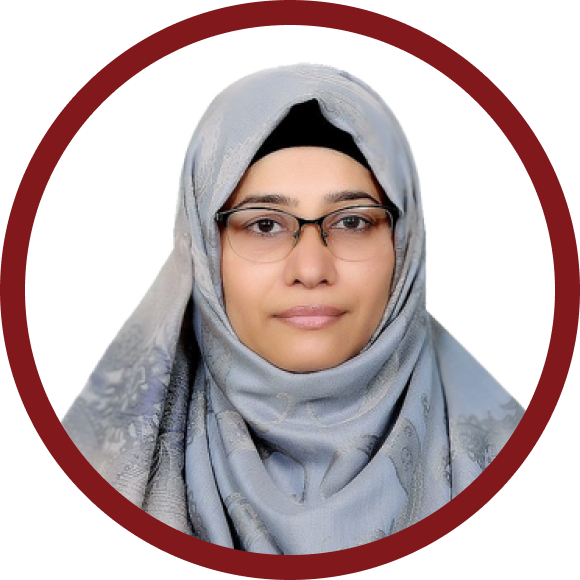
Academic Background:
Contact Information:
Email: durre.shehwar@dsu.edu.pk

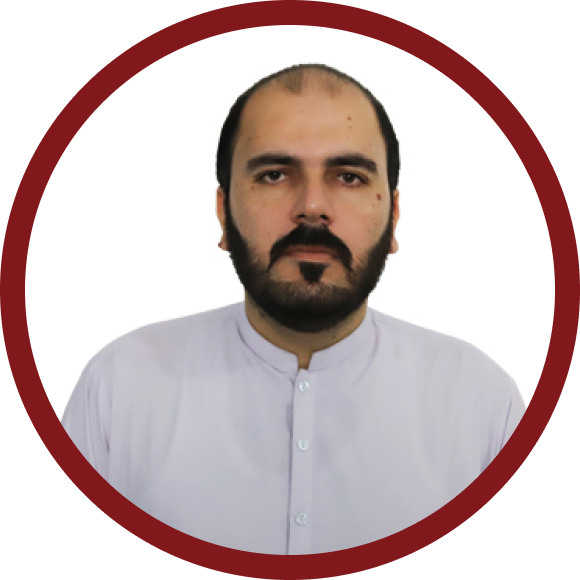
Contact Information:
Email: wilayat.shah@dsu.edu.pk
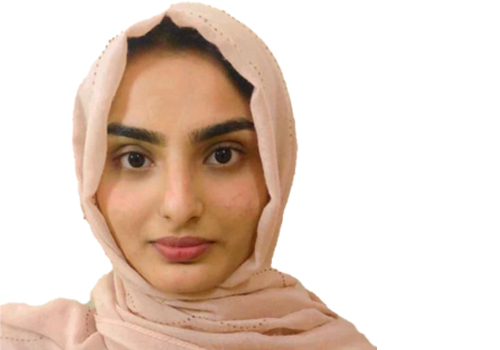
Bachelors in Computer Science from DHA Suffa University 2020-2024
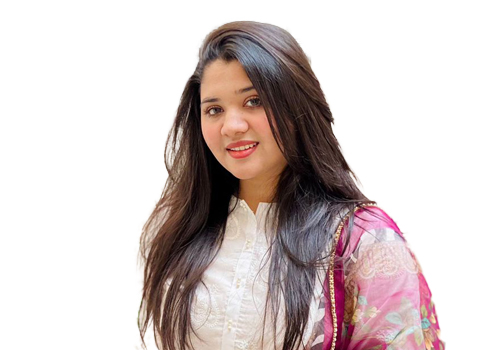
Education:
Contact Info:
fiza.fayyaz@dsu.edu.pk